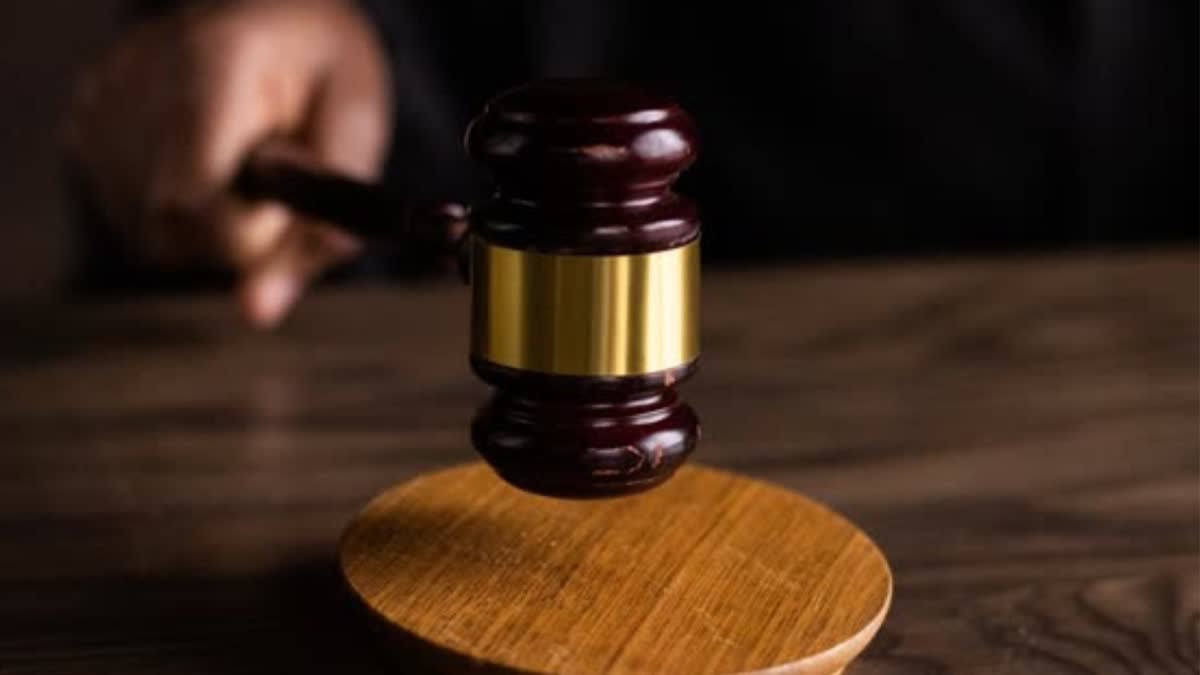New Delhi: The Supreme Court on Tuesday said whenever there is a policy for consideration of cases for permanent remission, it becomes an obligation of the state to consider cases of every eligible convict under the policy, even without an application filed by the convict for grant of remission.
A bench comprising justices Abhay S. Oka and Augustine George Masih ruled that the power to grant remission can be exercised without convicting anyone on his behalf applying to the appropriate government. “Where there is a policy of the appropriate government laying down guidelines for consideration of the grant of premature release under Section 432 of the CrPC or Section 473 of the BNSS, it is the obligation of the appropriate government to consider cases of all convicts for grant of premature release as and when they become eligible for consideration in terms of the policy. In such a case, it is not necessary for the convict or his relatives to make a specific application for a grant of permanent remission”, said the bench.
The bench said when a state government or a Union Territory has adopted a policy for the grant of permanent remission which incorporates conditions for eligibility, it becomes an obligation of the state to consider cases of all eligible convicts for the grant of permanent remission as per the policy adopted.
The bench said if such a policy exists, and if the state government or the government of Union Territory raises a contention that relief will be granted only to those who apply as per policy, it will amount to saying that even if convicts are eligible for consideration in terms of the policies, their cases will not be considered in terms of the policy. “Such conduct on the part of the States will be discriminatory and arbitrary and amount to a violation of Article 14 of the Constitution…. Therefore, whenever there is a policy for consideration of cases for permanent remission, it becomes an obligation of the State to consider cases of every eligible convict under the policy”, said the bench.
The bench also directed those state governments and union territories, which do not have a policy dealing with the grant of remission, to formulate a policy within two months. The apex court delivered the judgment in the suo motu case concerning bail policy.
The judgment dealt with the remission policy of states: whether the appropriate government can consider the case of a convict for a grant of remission without an application made on behalf of the convict.
The bench said the state must prepare a list of all life convicts and other convicts who will be entitled to premature release, and it must be regularly forwarded by the prison superintendents to the appropriate government so that the case of premature release of such convicts is considered. The bench said while granting remission, reasonable conditions can be imposed, and the conditions must be such that they are capable of being complied with. “The conditions cannot be vague. The conditions cannot be oppressive. When a convict is released by granting relief of permanent remission, it is necessary to ensure that he is rehabilitated in society. It is necessary to consider the nature of the crime he committed”, said the bench.
The bench said to fix terms and conditions, it is necessary to ascertain the motive for committing the crime for which he was punished, and even criminal background needs to be taken into consideration, another concern that must be taken care of is public safety.
“Even the impact on society and the victims of the offence needs to be considered while determining the terms and conditions. In short, the conditions must be such that the same ensures that the criminal tendency of the convicts remains in check, they do not indulge in the commission of crimes, and they are rehabilitated in society. Their proper rehabilitation is most vital as it prevents them from going back to their criminal activities”, said the bench.
The apex court said if an order of cancellation of remission is passed, reasons must be recorded for it. “The reason is it takes away the liberty granted to the convicts. When an order of remission is cancelled, it affects the right of the convict to liberty under the Constitution. Therefore, the requirement of recording reasons must be read into the provisions of Sub-Sections (2) of Section 432 of the CrPC and Section 473 of the BNSS. The convict must be given a show cause notice stating the grounds for cancellation and he must be provided an opportunity to file a reply”, said the apex court, in its judgment.



